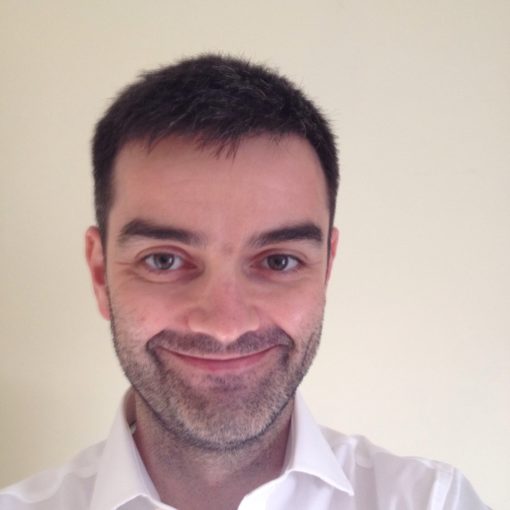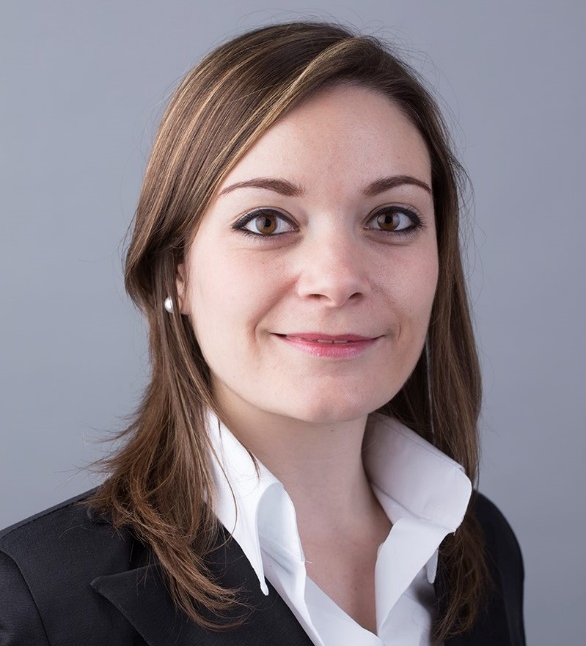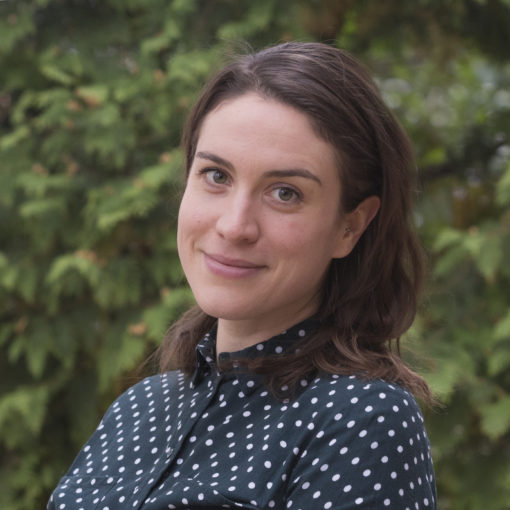PhD
| Assistant Director- Analytics & Modeling - Event Response | |
|---|---|
| Moody's RMS | |
Year entered into a non-academic position: 2022
Job highlight:
Working on current events which are shaping our world, exposure to a variety of natural perils, requirement of problem solving and coding experience
My research training set me up to…:
gave me the right skills to apply for my current job; allowed me to acquire new scientific knowledge quickly; enabled me to advance in my job and take up interesting projects.
Left academia after:
PhD
What’s your background?
Remote sensing, Biology, Plant Science, Environmental Science, Forestry, Climate Change.
In my PhD I studied the resilience of the forests to climate change from a remote sensing perspective: using a combination of statistical algorithms, time-series analysis, imagery analysis, and machine learning algorithms.
Why did you move away from academia?
Personal preference for shorter projects that have a direct impact or provide a direct service to people/clients.
Preference for the work environment in industry where there is constant collaboration to deliver products/solutions. That said, I appreciate that I am working in a company and in a division where there are a lot of people that have an academic background (PhD or multiple post-docs).
Is there anything you miss about academia?
Doing the kind of research that I was doing and tackling unanswered questions. I also regret not having had the time to publish all my findings.
How did you get this job? Did you face any challenges when considering a move away from academia or applying for the role?
I was recommended to apply for the job by my ex- PhD-colleague who was already at the company. However, I had to apply and interview for three different positions in the company in one year before finally landing my first position at Moody’s RMS. Also, when I applied the third time to Moody’s RMS, I already had a job at a big broker company and I believe this helped me getting the job at Moody’s RMS in my third attempt.
The two main challenges I faced were:
1-I started looking for jobs in December 2020, the period in which employment rate plummeted due to covid19.
2-I needed a visa to work in the UK long-term. Despite being able to benefit from the graduate visa (now available to international students after higher education in the UK) I still feel that individuals, like me, who require a visa to study and work in the UK can be at a disadvantage when it comes to finding employment and using recruitment agencies. However, it is not impossible – in fact I landed my first post-PhD job through a recruitment agency.
What motivated you to/why did you choose the sector you transitioned into?
I loved the idea of working on natural catastrophes. I was attracted to the nature of the work after doing a couple of informational interviews which explained that the work revolved around using data and research driven approaches to understand natural catastrophes and the losses they cause.
That said, there are a variety of positions you can take in the industry which involve different degrees of research, modeling, and analytics, so that should be kept in mind when looking for a job in the insurance sector. The degree to which you will do research will vary a lot depending on your position and whether you are working in a re/insurance company vs. a broker vs. a catastrophe modelling company. Moody’s is a leader in risk management solutions, and we are responsible for creating the risk models which the industry relies on. Insurers, reinsurers, and financial services organizations are our clients
Did you think you had the skills required for your current position before you started? How did your PhD prepare you for your current job?
yes and yes
How did your PhD prepare you for your current job? For example, what were the transferable skills that you developed during your PhD that are most relevant to your current job?
Some of the transferable skills developed during my PhD are: Problem solving and critical thinking in my own research; coding; familiarity with using computing clusters for resource intensive computing tasks; statistical knowledge.
Did you have any preconceptions about your sector that proved to be wrong?
Prior to my PhD, I did not know much about the sector. Once I learned about it through my ex-PhD-colleague, I got a good idea of what I was getting into.
Can you describe a typical week in your job?
I work in the Event response team. My group is responsible for providing clients with insights, reports, information, and specialized products for impactful catastrophic events happening in the world daily. As a senior modeler, my week can involve: responding to real-time events by working on developing and releasing products to clients for particular events; working on development and automations projects for our responses to the different perils; troubleshooting/improving prior processes; updating data and information to new model and data versions; collaborate with the different peril teams. You can learn more about my team here: https://www.rms.com/event-response
What is the workplace culture like? Please include comments on work-life balance, flexibility, remote working?
Moody’s RMS model development teams are populated by ex-academics, which means they encourage teamwork, innovation, and geeking out on subjects of interest. It’s also very diverse with employees coming from all corners of the world, which again makes it culturally rich and fun.
I found that my work-life balance improved considerably since PhD
even though I work in the event response team (which is the team required to respond in real-time to events that are happening, be it weekends or holidays). There is definitely some flexibility depending on which team/sector you are in, and hybrid working seems to be the most frequent arrangement instead of fully in the office or fully remote.
Do people with a PhD frequently get hired in the company/sector?
Yes quite often, over 50% of model developers have PhDs.
What are your favourite parts of your job?
The problem solving, the diversity of perils we work on, the real-time aspect, the colleagues.
What are your reflections on your career path?
From an undergraduate degree in biology and biochemistry, it was not the most straightforward path to what I am doing now, but I am happy of where I got.
Do you have any advice for current graduate students and postdocs considering a career outside of academia?
If you are already hesitating about staying in academia then don’t think twice, search for and study other career options.
Do informational interviews, they can be very helpful. Use your network to look for opportunities and learn about options.
What do you know now that you wish you’d known when exploring a transition?
That many companies, excluding Moody’s RMS, use recruitment agencies to hire talents. Before opting for recruitment agencies, have an idea of what positions you are aiming for and make it clear to them, as some agencies will treat a PhD graduate as someone with no experience and suggest entry level jobs.
Can you recommend any relevant resources, organisations or events that might help somebody new to the sector find out more about it?
For those with a similar background – visit Moody’s RMS website! Keep an eye for job openings which fit your knowledge/skills profile. https://www.rms.com/, https://www.rms.com/careers/development?p=search%3Fc%3D
The recruitment agency I used for my first job was https://www.emerald-group.com/





